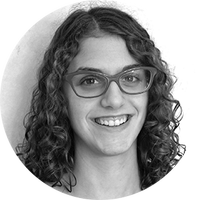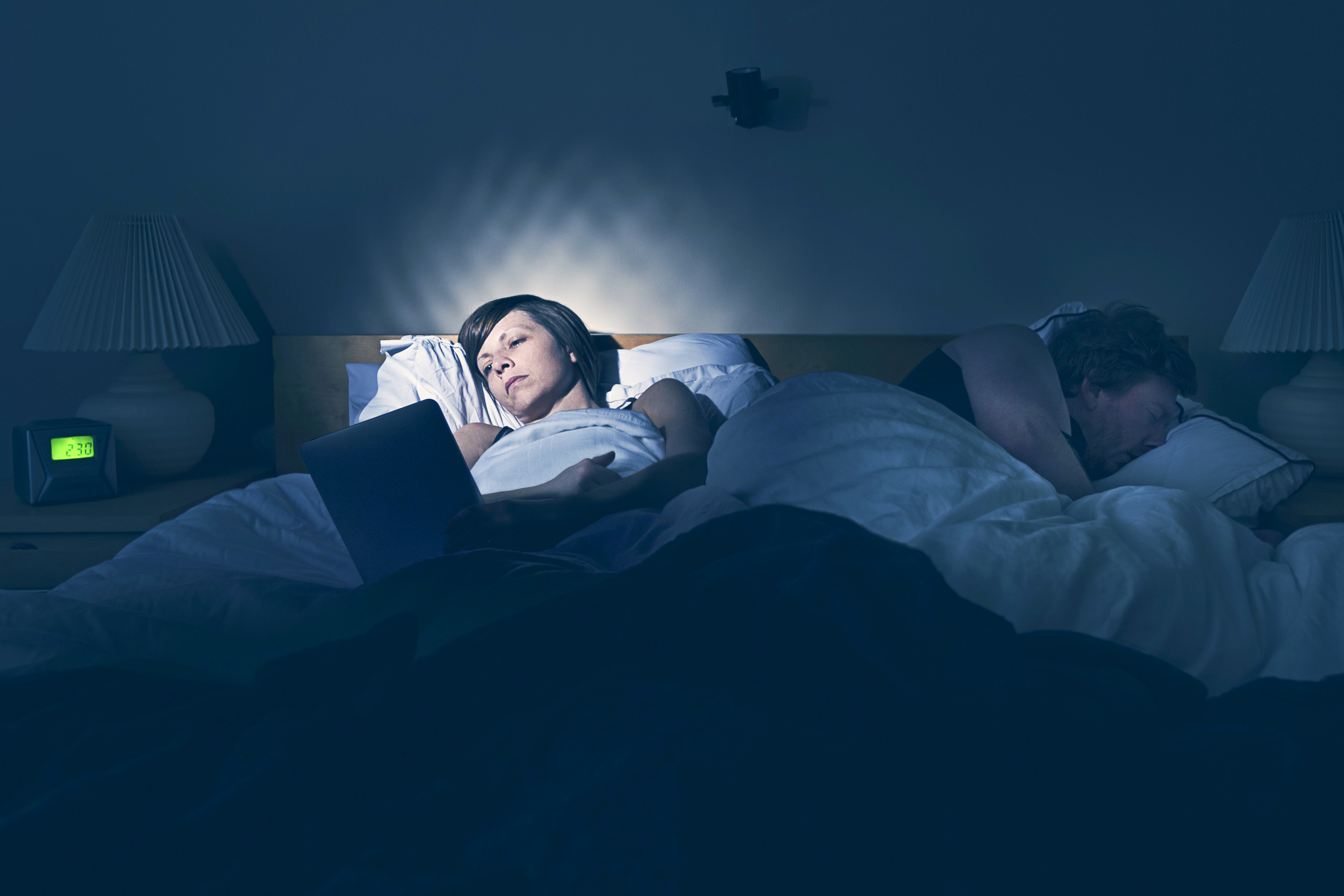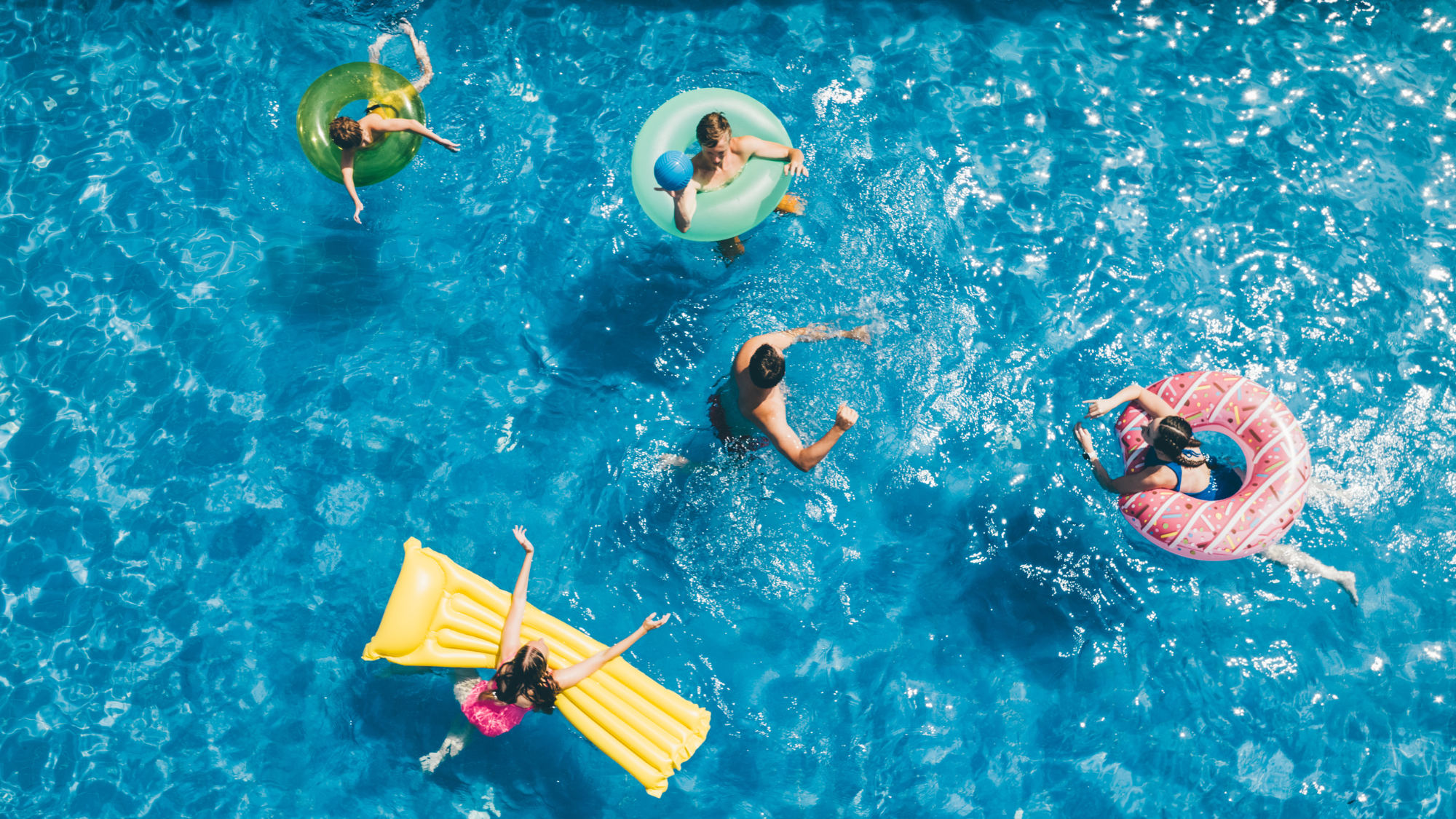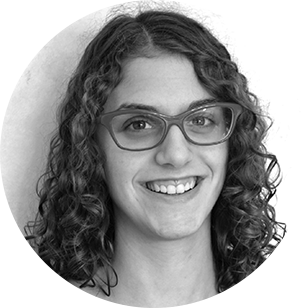How technology can help you sleep better
From the Idea Factory, our special report on innovation


Humans are terrible at getting enough sleep. We generally want it, enjoy it, and recognize its value. Heck, we need it, even if we don't entirely understand it. And yet, healthy sleep habits escape us.
The Centers for Disease Control and Prevention, which calls insufficient sleep a public health problem, recommends adults get seven to eight hours of shuteye each night. But just 42 percent of U.S. adults typically hit that mark, according to a March Gallup report.
How can we improve our sleep habits? Interestingly, collegiate sports teams are leading the charge. At the University of Tennessee, football players work with Chicago-based Rise Science sleep consultants to put sleep science into practice for game day. The athletes wear orange glasses to block out smartphone glow before bed. They use sensors to monitor their heart rates, respiration, and movements to see how long it takes to fall asleep and make changes with the help of experts.
The Week
Escape your echo chamber. Get the facts behind the news, plus analysis from multiple perspectives.

Sign up for The Week's Free Newsletters
From our morning news briefing to a weekly Good News Newsletter, get the best of The Week delivered directly to your inbox.
From our morning news briefing to a weekly Good News Newsletter, get the best of The Week delivered directly to your inbox.
"The culture has shifted," Tennessee team dietician Allison Maurer told The Associated Press. "It's gone from [thinking] you're tough enough and can grind through without getting much sleep to, 'We all need our sleep because we want to win games and whatever edge we can have, we want to have it.'"
Tennessee paid more than $30,000 to work with Rise Science, but the basic idea of tracking sleep can work for everyone. And the innovations on the market go much deeper into the Internet of Things than your basic fitness trackers like FitBit.
One option is using an under-mattress sleep tracker, like Samsung's forthcoming SleepSense. The upside for owners of other smart devices is the potential to connect your sleep habits more directly to other aspects of daily life. The tracker can turn off your smart TV when you pass out, or work with your smart fridge to recommend midnight snack choices that promote more restful sleep.
With enough disposable income, even your mattress itself could change the way you sleep. Sleep Number makes mattresses that will track your habits, and Responsive Surface Technology took the idea a big step further. Using smart fabric and sensors, the bed can automatically inflate and deflate in the middle of the night to conform to the pressure your body exerts while you sleep.
A free daily email with the biggest news stories of the day – and the best features from TheWeek.com
Even the gaming industry wants in on sleep technology. Nintendo has patented a sleep monitor of its own, which Engadget reports could be a a sensor-equipped alarm clock that can project the information it collects.
Aside from monitoring everyday sleep, innovations in the field also stand to help those with diagnosed conditions. Take sleep apnea: The disorder, which disrupts breathing during sleep, affects more than 18 million Americans.
Many patients wear CPAP masks to normalize air flow during sleep. The treatment works well, but some people resist their doctors' requests to wear the masks, citing discomfort with the gear. That's why an Australian startup turned to 3D printing. They're creating adaptors to go under the CPAPs that are contoured to each person's individual face structure, filling in any uncomfortable gaps and theoretically making it easier for a CPAP user to get a good night's sleep.
It might seem wild to think about supplementing something as ostensibly simple as sleep with apps and gadgets, and it's probably downright unnecessary for the average person to pay a sleep consultant for suggestions. But the art of getting enough rest is deceptively complicated. It's worth exploring the innovative and growing realm of sleep science to find out which strategies might nab you a little more shuteye.
Julie Kliegman is a freelance writer based in New York. Her work has appeared in BuzzFeed, Vox, Mental Floss, Paste, the Tampa Bay Times and PolitiFact. Her cats can do somersaults.
-
 How the ‘British FBI’ will work
How the ‘British FBI’ will workThe Explainer New National Police Service to focus on fighting terrorism, fraud and organised crime, freeing up local forces to tackle everyday offences
-
 The best family hotels in Europe
The best family hotels in EuropeThe Week Recommends Top kid-friendly hotels with clubs, crèches and fun activities for children of all ages – and some downtime for the grown-ups
-
 Moon dust has earthly elements thanks to a magnetic bridge
Moon dust has earthly elements thanks to a magnetic bridgeUnder the radar The substances could help supply a lunar base
